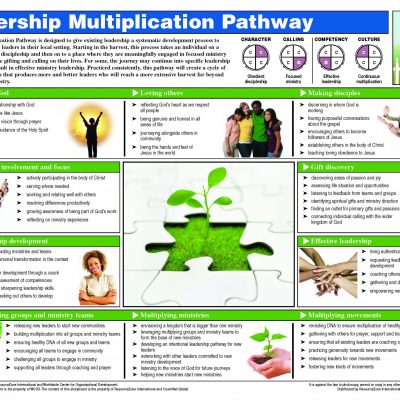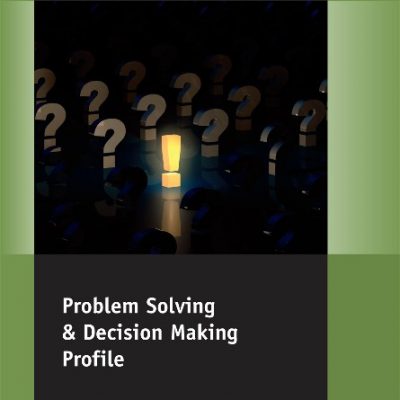Description
[sc name=”download-note” ]
Getting your message across in a way that is clear and coherent to everyone that is listening is a critical skill in organizational as well as personal life. This not only helps in one-on-one conversations but in the many different ways that we have to get our messages across in group situations and through an increasingly wide array of channels (some of which are very high-tech these days).
Whatever kind of communication an individual may be doing the most, a diagnostic appraisal of the capacity to communicate well is always a useful first step. In ideal circumstances a good communication assessment with therefore identify areas of strength and areas that are in need of development to give individuals a chance to hone or polish skills and be a better communicator (both the talking and the listening side of this equation, of course). This means that a particular person will be much more effective in using this increasingly critical skill and make the major difference in his or her ability to empower the people that he or she communicates with in the future much more successfully.
The Communication Effectiveness Profile provides a highly structured process through which to look at the large and often complex subject of communicating with others. The subject is therefore broken down into seven sub-categories as follows:
- Empathizing
- Receiving
- Clarifying
- Understanding
- Reading non-verbal clues
- Feedback giving
- Transmitting your message
By taking this self-assessment, participants can quickly determine their relative strength in each category. Participants receive a personalized report of results that can quickly show where efforts to improve should be concentrated in the future. Detailed interpretation notes are included for each category, including improvement actions for low scorers. The CMEP takes around 30 minutes to complete and is designed to help individuals understand more about their relative abilities in the 7 competencies. The 180-degree version also provides feedback from another person like a leader/manager. When further feedback from others is desired, competency assessments also come in a 360-Degree feedback version.
Author: Jon Warner
Publisher: Team Publications
Publication Date: ©2007 All Rights Reserved




Reviews
There are no reviews yet.